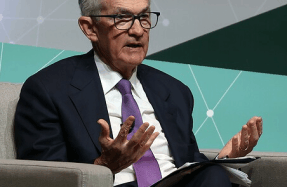Companies say they're closing in on nuclear fusion as an energy source. Will it work?

In a gleaming warehouse complex north of Seattle, David Kirtley is building what he hopes will be the future of power generation.
Standing in front of a set of aluminum coils that look like an advanced engine for some yet-to-be-built starship, Kirtley makes the case for his project that he's made to venture capital firms and wealthy private investors:
Fusion power could change the world. If it worked, it would grant humanity eye-watering quantities of electricity without producing any greenhouse gas emissions. The warming of the planet would slow, environmental pollution would drop, and energy would be cheaper than ever.
"We can generate electricity, theoretically, at much lower costs than we currently generate it now," he says. "And do it without fossil fuels."
The pitch has worked. In its last major fundraising round in November of 2021, Kirtley's company, called Helion, raised an impressive $500 million. That money came from investors like Sam Altman, the CEO of OpenAI, who has shown an active interest in investing in nuclear fusion and fission as potential forms of clean energy for the future.
Now Helion's more than 200 employees are working at breakneck pace to try and build the world's first commercial fusion power plant. They hope their newest machine, currently under construction, will produce electrical output by the end of 2024 and net energy in a matter of years.
To call that goal ambitious is a spectacular understatement. Nuclear fusion is the process that powers stars like the sun. In the 1950s and 60s, governments poured money into research, hoping for
You’re reading a preview, subscribe to read more.
Start your free 30 days



